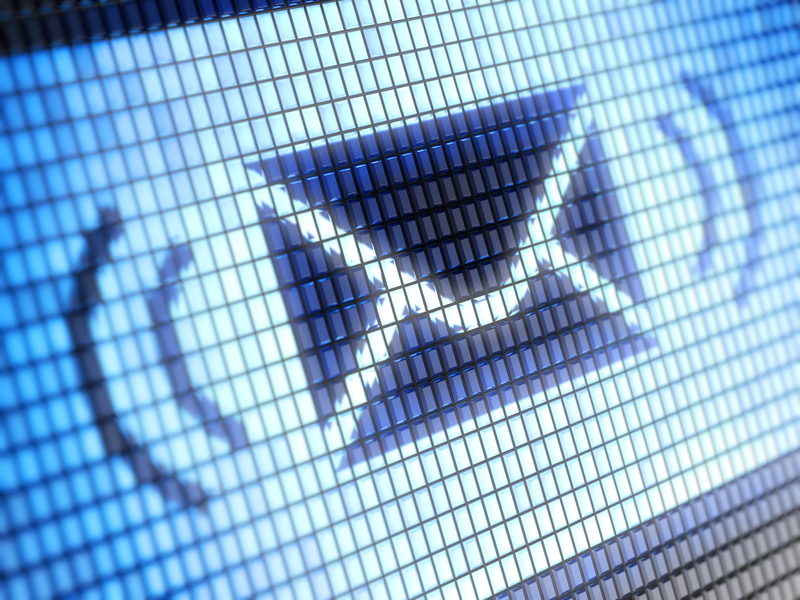
The Petraeus crisis became one because of common digital mistakes made by the parties involved.
Knowing how to ensure your emails remain private – and are not stored on servers or your smart phone forever – is an important part of Internet security. Concealing your computer’s IP address is also important.
Technology journalist Nicole Perlroth shared these and other tips this week in her Times article, Trying to Keep Your E-Mails Secret When the C.I.A. Chief Couldn’t. Here are three key takeaways:
How to Conceal Your Computer’s IP Address
Concealing your IP address is the single most important aspect of taking ownership over your online privacy. Tor is a free, downloadable tool that conceals the IP address of computers. It prevents online providers from:
– knowing who you are, where you browse on the Internet and seeing inside your encrypted traffic as it is relayed to your banking site or to e commerce stores.
– watching your traffic, injecting their own advertisements into your traffic stream, and recording your personal details.
IT assistance is necessary to download and configure TOR. It also has a set of guidelines that must be used to ensure it always works, so there is a bit of a learning curve. If you want to research other companies that provide IP protection, Anonymizer is a program we like.
Encrypt your smart phone messages & delete them from storage
Wickr is an app that deletes all meta data from your pictures, video and audio files, like your device info, your location, and any personal information captured during the creation of those files.
Wickr provides:
– military-grade encryption of text, picture, audio and video messages
– sender-based control over who can read messages, where and for how long
– secure file shredding features
Protect your Gmail account from being searchable
“Choose the “off the record” feature on Google Talk, Google’s instant messaging client, which ensures that nothing typed is saved or searchable in either person’s Gmail account,” advises Perlroth.


